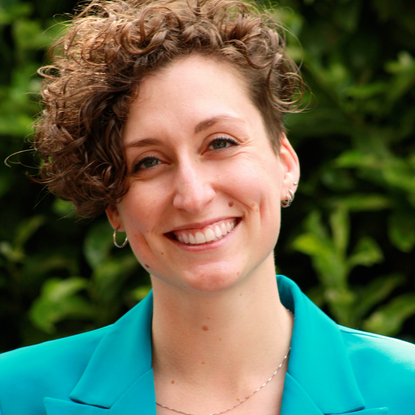The festive completion took place on Friday, November 10, with Raoul White, of the Zuidoost district. This event was part of the Sustainability Market organized by the Reigersbos residents' platform. White engaged in a discussion with the individuals behind this sustainable initiative.
The sustainable roof is an initiative of the Amsterdam municipality, led by the AMS Institute and executed by Sungevity. It aligns with the city of Amsterdam's ambition to use 50% fewer new resources by 2030 and achieve a fully circular economy by 2050.
Energy savings for all users of the building
The energy savings benefit all users of the building, including start-ups and aspiring entrepreneurs from the neighborhood. Exactly as intended, says White.
“Zuidoost is actively pursuing the energy transition. Wallet friendly, Good for employment and good for the connection between residents, as seen here in Reigersbos. We focus on addressing energy poverty, like through the FIX brigade, and actively implement energy initiatives through studies and job opportunities. Amsterdam aims to be a city where everyone can live well. We want to grow and innovate, ensure everyone is included, and take care of our planet. Zuidoost will be the exemplary place where we demonstrate this!”
Raoul White, Executive Board member stadsdeel Zuidoost
Background
Many solar panels are prematurely written off, ending up in the e-waste stream while still functioning well, often with 10 to 20 years of warranty remaining. The initiators aim to rescue these "roofless" solar panels from the waste heap and provide them with a new roof. This approach addresses two problems of the energy transition. Solar panels are made of critical materials and precious metals, such as silicon, silver, and copper. If solar panels unnecessarily end up in the e-waste stream, we lose these scarce materials, which is neither sustainable nor viable for the energy transition. Although solar panels are sustainable in use, their production is highly polluting and involves CO2 emissions. Choosing second-hand solar panels instead of new ones reduces the need for additional production. Research by TU Delft and the AMS Institute shows that Amsterdam can prevent approximately 800 kton of CO2 emissions by structurally reusing discarded solar panels with at least 10 years of remaining life.
Combating energy poverty
In this project, TU Delft and the AMS Institute conducted research on the scaling possibilities for second-hand solar panels. The installation of second-hand solar panels must be linked to social goals, including combating energy poverty and training young people in the neighborhood for a job as an installer. The results of the research are expected in March 2024.
Sustainability market Reigersbos
In addition to the festive completion, the Reigersbos residents' platform organized a sustainability market. The following sustainable initiatives were present: Energy Bakfiets, Flying Squad, Fix Brigade Groene Hub, Jungle Amsterdam, Groenplatvorm Zuidoost, Rainproof, and !WOON. Not all residents are well informed about how or in what way they can create a greener and more sustainable living environment. This Sustainability Market aimed to fulfill this need, inform and activate residents.
Has this article spiked your curiosity towards this project? Learn more about the 'Circular solar panels for the doughnut economy' project here!
The goal of the Sustainability Market was to inform the local residents about what they can do, individually and together, to make their homes and their neighborhood more sustainable.
